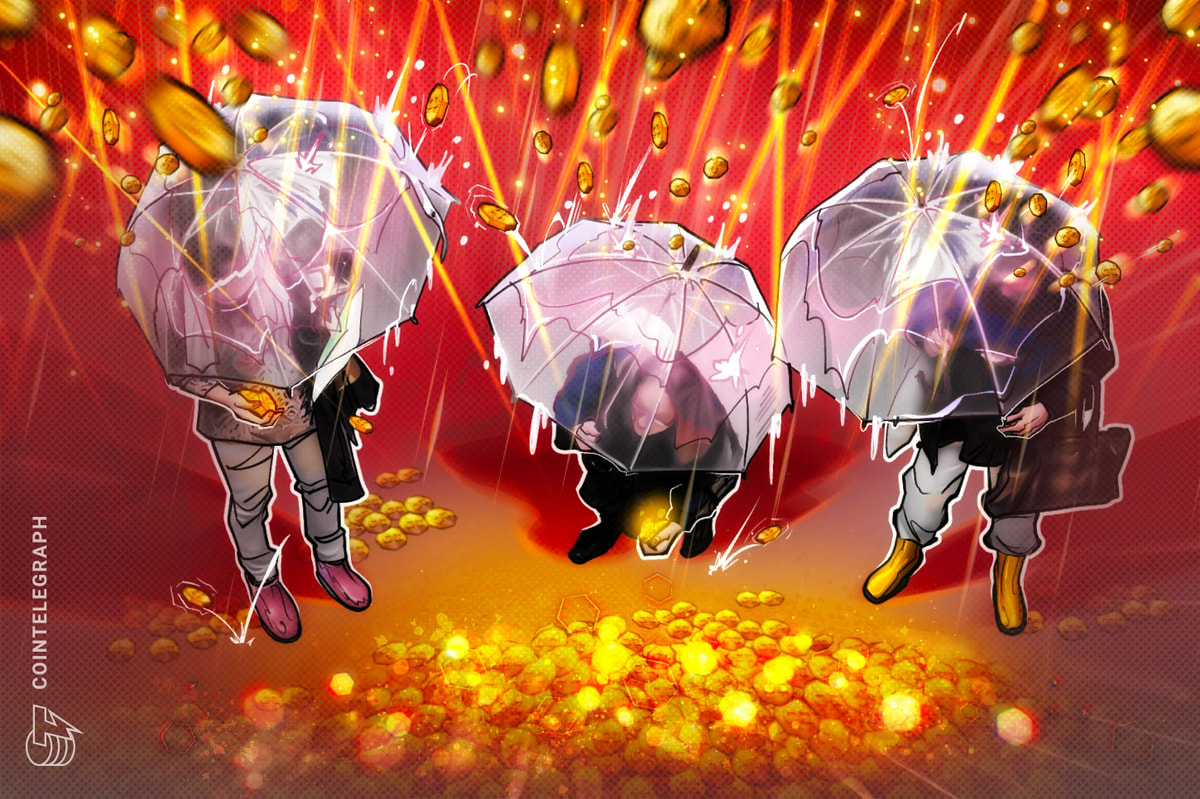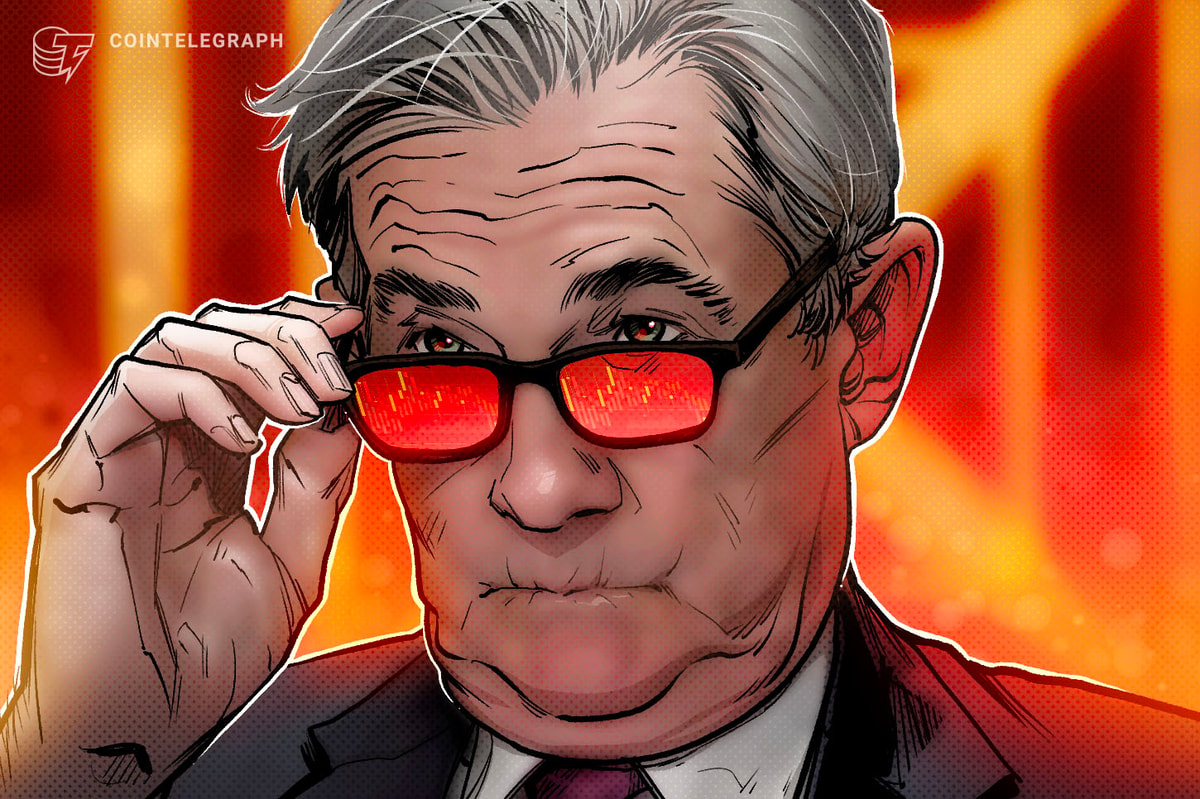A decentralized venture capital organization is overhauling its oversubscribed IDO launchpad, betting that a point system will build a fairer token sale platform.
DuckDAO’s core open-to-all approach to early-stage investing was running into a common problem stymieing initial token sales held on decentralized exchanges (DEXs): There’s such a thing as too open, at least when it comes to IDOs.
Once initial DEX offerings (IDOs) proved to be a viable and less expensive alternative to the initial exchange offerings (IEOs) run by centralized exchanges — which offer expert assistance, marketing solutions, and the credibility of trustworthy vetting in exchange for a very large fee — smaller crypto firms and would-be investors piled in.
IDO launchpads like DuckDAO’s DuckSTARTER grew out of the need to replicate some of those IEO services at a much more reasonable cost. But like other launchpads, DuckSTARTER soon found itself more overrun than oversubscribed when it came to popular IDOs. Buying limits, a first-come, first-served system, lotteries and requiring buyers to lock in its native DUCK tokens hasn’t been enough.
By the numbers
Calling the increasingly popular, retail-investor-focused IDOs the "future of fundraising," DuckDAO co-founder Lukas Ziegler revealed that “competition has made securing an allocation challenging for investors.”
With the new point system and refundable IDO features, Lukas said, “we’re hoping to change that” by making DuckSTARTERS’ IDOs “both fairer and more forgiving.”
While it is still being fine-tuned, DuckSTARTER’s goal “to ensure that users that failed to secure a slot in one IDO, will have a greater chance of landing the next, and so on, by assigning points for each failed IDO.”
After several losses in a row, users “will eventually earn themselves a near-guaranteed slot in a later IDO,” DuckSTARTER said.
That’s important to DuckDAO, which is committed to providing “truly fair access to promising early-stage crypto startups,” with DuckSTARTER.
Driven by ducks
Calling itself the “first community-driven incubator,” DuckDAO is focused on building long-term partnerships with the companies in which it invests. It divides this into three tiers: Incubation, providing a wide range of marketing and advisory service until a project’s token is listed; Strategic Contribution, which includes assisting social media strategy; and General Contribution, which focuses on managing over-the-counter (OTC) sales and community requests.
While DuckDAO’s VC-as-a-decentralized autonomous organization (DAO) remains its core, the organization sees itself as having grown beyond that to become a cornerstone of the decentralized fundraising space, in large part because of its rapidly expanding ecosystem.
Along with DuckSTARTER that includes DuckBRIDGE, which allows ducks — as DuckDAO calls its community members — to send tokens between Ethereum (ETH) and far faster and cheaper Binance Smart Chain (BSC) with other chains being added as the need arises.
Other ecosystem members include DuckFARM, which covers various yield farming projects using the DUCK token in Duck Liquidity Pools, and DuckHUNTERS, an NFT collection game.
These all use one of DuckDAO’s two tokens: DUCK and DuckDAODime (DDIM). The DUCK token is used for DuckSTARTER participation as well as various yield farming opportunities on DuckFARM.
DDIM is collected from partner projects and distributed to members by DuckDAO. A certain amount is required to be a part of DuckDAO’s four membership groups — from 10 DDIM for Duck Fightclub to 10,000 DDIM for Diamond Club. The 10 largest token holders become Duck Allstars Club members, with various governance functions.
Disclaimer. Cointelegraph does not endorse any content or product on this page. While we aim at providing you with all important information that we could obtain, readers should do their own research before taking any actions related to the company and carry full responsibility for their decisions, nor can this article be considered as investment advice.











